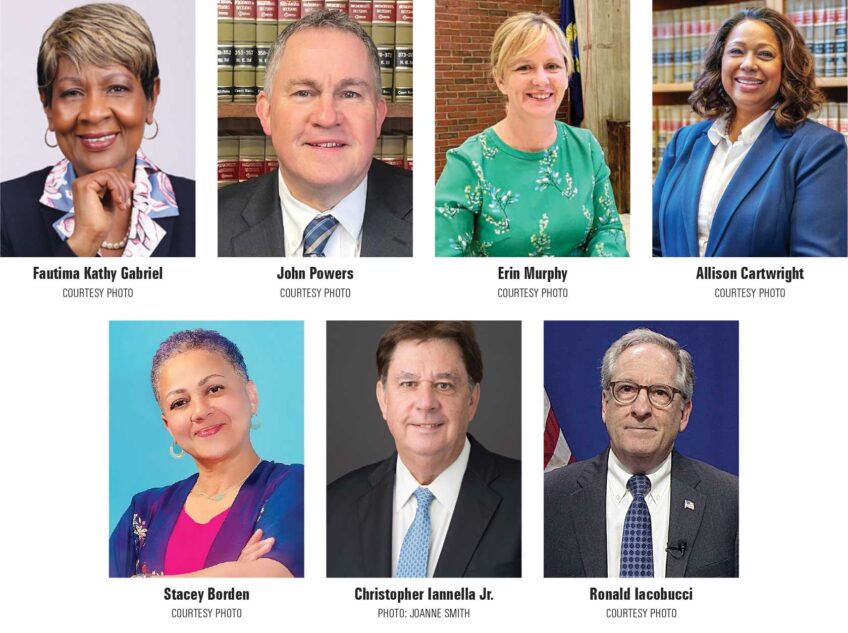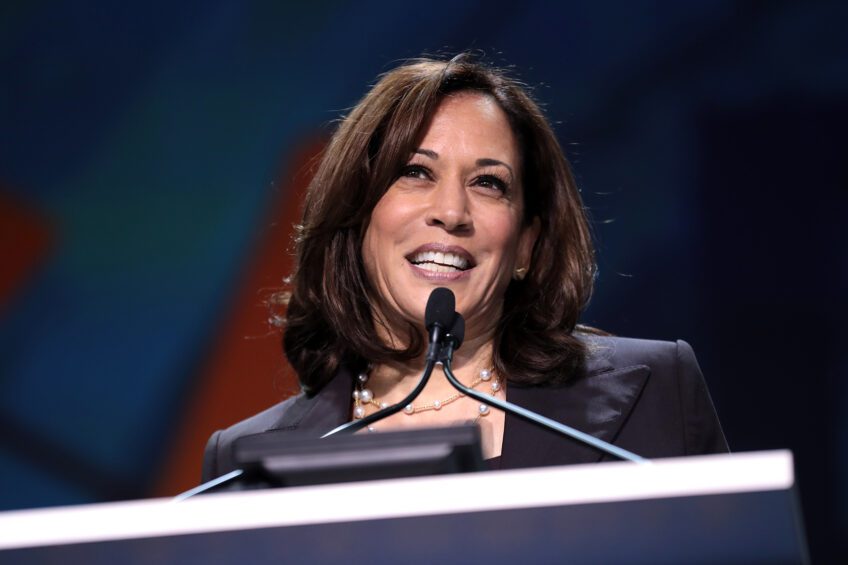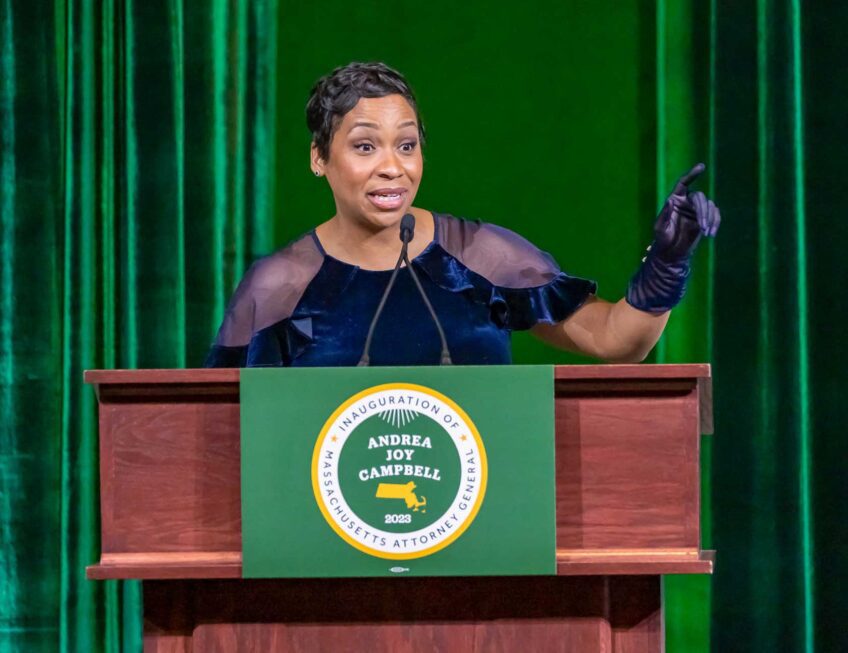This summer has been profoundly confounding for me — an emotional and psychological rollercoaster. I was honestly stunned by the “not guilty” verdict. I suspected that Zimmerman would not be convicted of second degree murder, but manslaughter? I watched the trial from start to finish and it astounds me that he was not convicted of manslaughter. I felt a pain so deep it was — and still is — impossible to articulate.
After the verdict I took my dog, Simba, for a walk — something that usually calms me when I’m intensely saddened. There was an eerie sense of group malaise in the air as I walked around my primarily black and brown neighborhood. A group of men were sitting on a front porch, two of them crying. I’ve known these men for eight years. These are not the type of men that cry, at least not publicly.
We attempted to do our normal pleasantries, but the attempt was futile. “I have a son,” said one Dominican man, “How am I supposed to feel safe knowing that his life is not valued?” An African American man chimed in, “How am I supposed to teach my son to trust the criminal justice system? The criminal justice system is criminal. Let us all pray for Trayvon’s family.”
And we did. And, although the prayers went out to the Martin family, we were also praying for ourselves because as men of African descent we were sent yet another message that our lives are worth less than those of others.
About four doors down a South Asian woman was sitting on her front porch, holding her grandson. He was squirming to get free, and then ran up to pet my dog. While her son was smiling and petting Simba she asked, “Did you hear?” I nodded.
“I worry about him,” she said pointing to her dark, curly haired grandson. “People think he’s black all the time. In 10 years he will be 17. And the George Zimmermans of the world will think of him just like they think of Trayvon. As a mother I just can’t understand how other mothers can say it is OK that an unarmed boy, who was just going to the store for candy and coming home to his own neighborhood, can be followed in the dark, approached by a stranger and then killed with no ramifications.”
Needless to say, this particular walk around the neighborhood with my dog did not calm me.
The walk did, however, get me to thinking about my life, my economic privilege and the various ways my existence has been legally and publically devalued over the last two months. On the one hand, I have been living the American Dream. I have a job that allows me to do meaningful work. I travel extensively. I have a wonderful partner and family that love me despite my flaws; and I’ve been extremely civically engaged — volunteering upwards of 20 hours a week to various social justice organizations. Yet the recent decisions this summer made by the Supreme Court of the United States and the criminal justice system remind me that I am still not welcome to exercise the full rights and benefits of citizenship.
Although the Supreme Court rightfully dismantled DOMA and now federally recognizes same-sex marriage, in that same week it also dismantled key provisions of the Voting Rights Act and threatened the sovereignty of Native American communities in a suit against the Cherokee Nation that guts the Indian Child Welfare Act.
And now George Zimmerman walks free for pursuing and killing an unarmed teen walking home from the convenient store with snacks. So apparently the federal government and 13 states will recognize my right to love, but the criminal justice system will not protect my right to live. I have the right to vote for a black president, but the government will not protect that right in states with a proven record of past and current voter intimidation practices directed at black and, increasingly, brown people. I have a right to native community, but that community does not have the right to protect its children.
Without a doubt I have benefited from this country’s educational system and am living a comfortable life. And I really want to be proud of this country, unapologetically. But it is hard to be when the government continually reminds me that — I am not welcome.
C. Shawn McGuffey, Ph.D., is an associate professor in the Boston College Department of Sociology and African and African Diaspora Studies.






